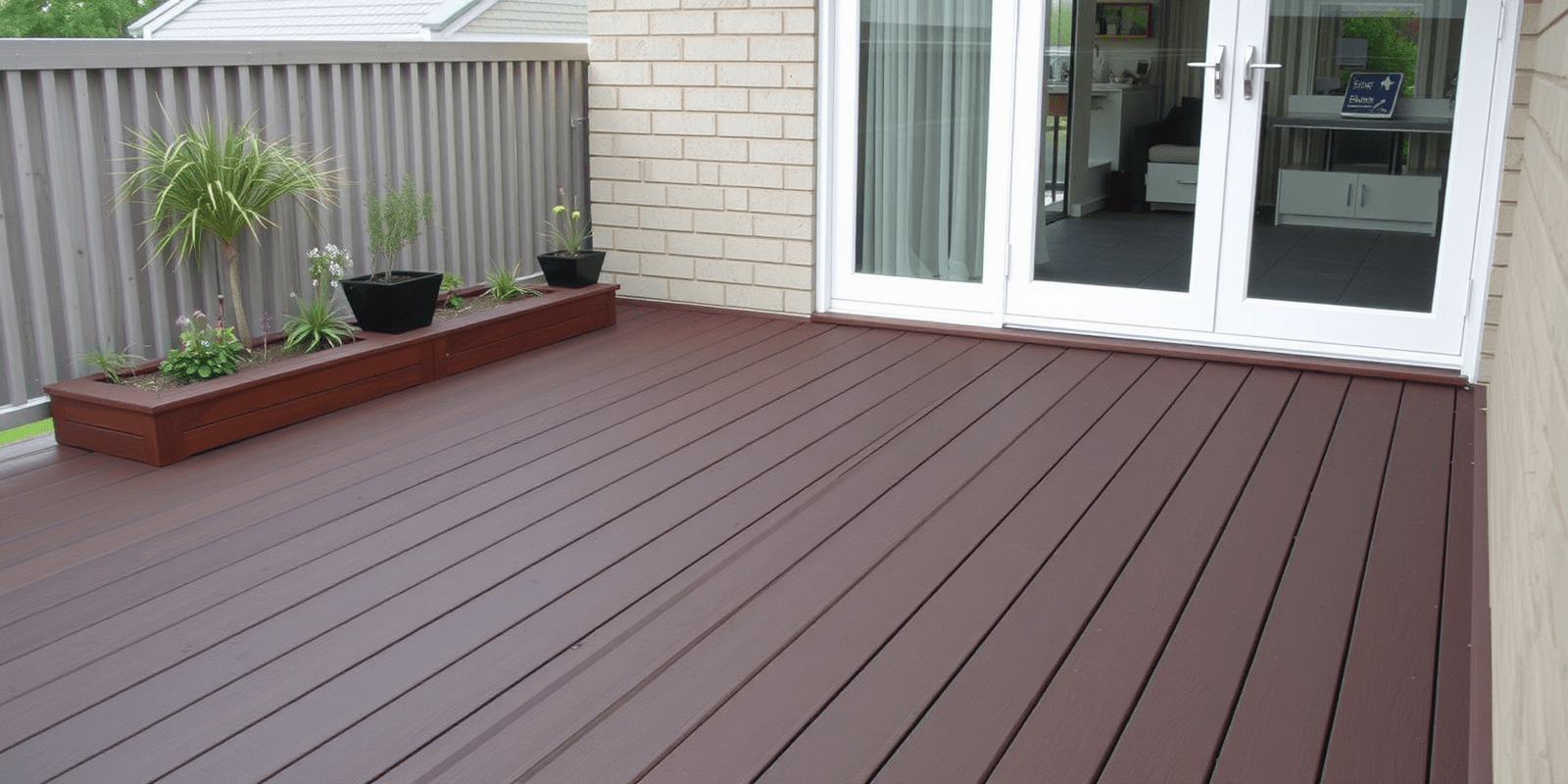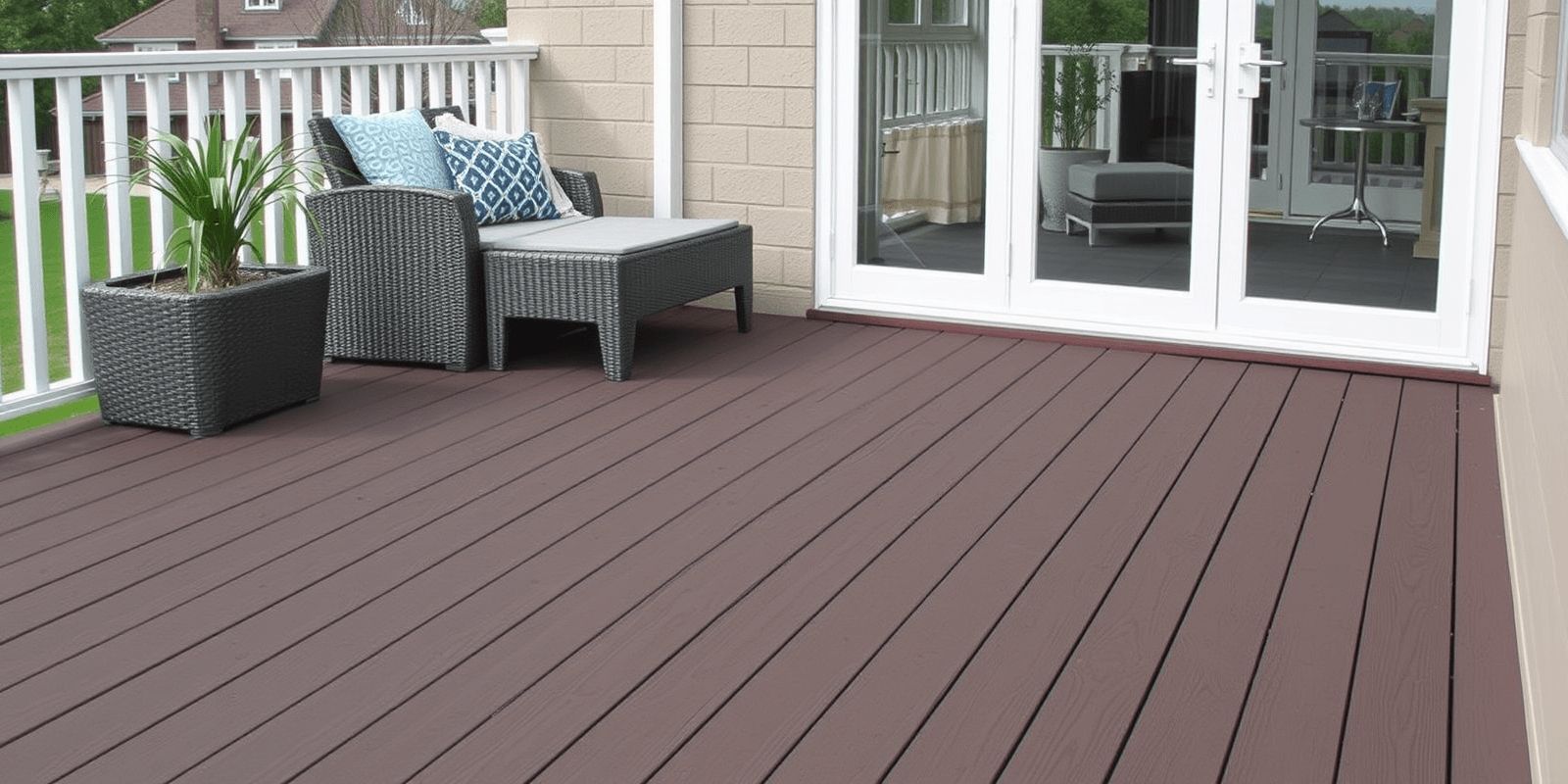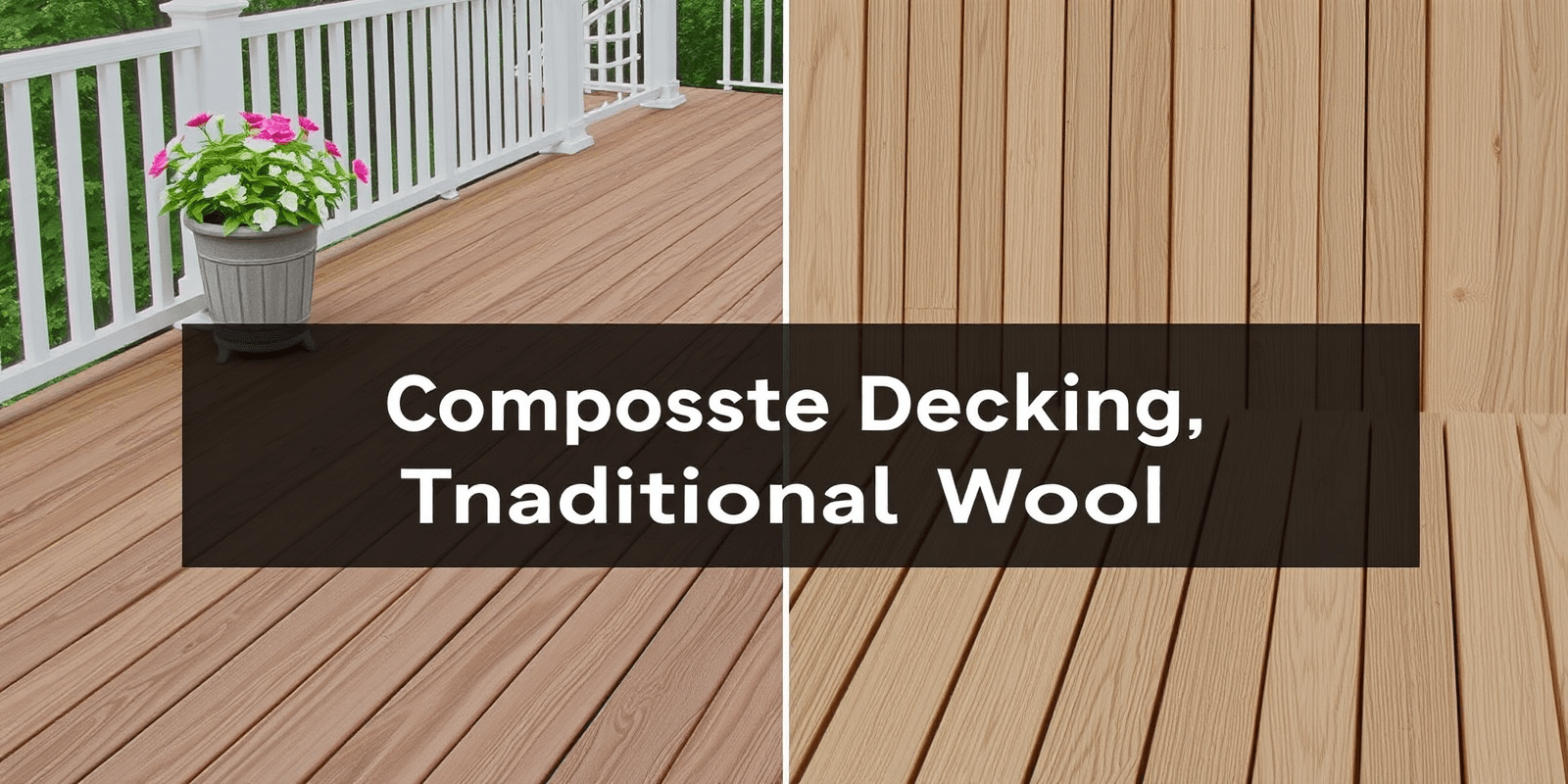“`html
Wood Plastic Composite Decking Australia: A Sustainable Solution for Your Outdoor Space
Introduction
In Australia, where the climate can be harsh and unforgiving, finding the right material for your outdoor decking is crucial. Wood plastic composite (WPC) decking has emerged as a popular alternative to traditional wooden decks due to its durability, low maintenance, and environmental benefits. This article explores the advantages of WPC decking in the context of Australian climates, focusing on its resistance to moisture, insects, and sunlight fading.
Resistance to Moisture
Australian summers are notorious for their scorching heat and humidity, while winters can bring heavy rains and storms. Traditional wooden decks often suffer from these weather conditions, leading to warping, rotting, and mold growth. Wood plastic composite decking, however, is highly resistant to moisture. The materials used in WPC decking are designed to withstand prolonged exposure to water without degrading or losing shape. This makes it an ideal choice for coastal areas where saltwater and high humidity levels are common.
Insect Resistance
Termites and other wood-boring insects are a significant problem in many parts of Australia. These pests can cause severe damage to traditional wooden structures, necessitating costly repairs or replacements. WPC decking, on the other hand, is treated with chemicals that repel insects, making it a more durable option. This insect resistance not only extends the lifespan of your deck but also reduces the need for frequent inspections and treatments.
Sunlight Fading Resistance
The intense Australian sun can fade and discolor wooden decks over time, diminishing their aesthetic appeal. Wood plastic composite decking is formulated with UV stabilizers that protect the surface from the damaging effects of sunlight. This means that your deck will maintain its vibrant color and appearance for years, even under the harshest sunlight conditions. Additionally, the non-porous nature of WPC decking prevents water absorption, which further contributes to its longevity.
Environmental Benefits
Beyond its practical advantages, wood plastic composite decking offers significant environmental benefits. It is made from a combination of recycled wood fibers and plastic, reducing the demand for new timber and helping to conserve natural resources. Moreover, the production process of WPC decking generates fewer greenhouse gas emissions compared to traditional wood processing methods. By choosing WPC decking, you contribute to a more sustainable future for Australia’s environment.
Conclusion
Wood plastic composite decking is an excellent choice for homeowners in Australia looking for a durable, low-maintenance, and environmentally friendly option for their outdoor spaces. Its resistance to moisture, insects, and sunlight fading ensures that your deck will remain beautiful and functional for years to come. As we continue to face the challenges of climate change, adopting sustainable building materials like WPC decking becomes increasingly important.
“`
This HTML document provides a comprehensive overview of the advantages of using wood plastic composite decking in Australian climates, addressing key points such as moisture resistance, insect resistance, and sunlight fading. The content is structured to be easily readable and SEO-friendly, with appropriate use of headings and keywords.



